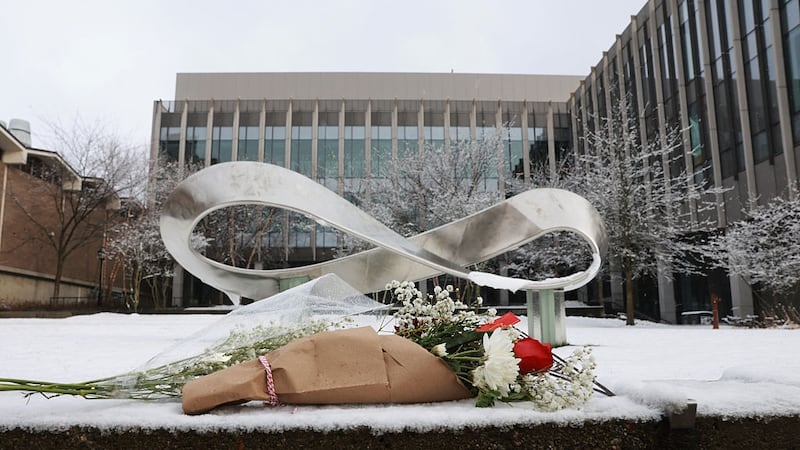It's been almost 10 years since Florida was hit directly by a hurricane. Wilma hit October 24, 2005, near Cape Romano, Florida, with winds of 120 mph (190 km/h). It was the 28th storm of the busy 2005 season and left five people dead in Florida and more than $29 billion in damage.
A hurricane (or even tropical storm) can lead to fatalities. Nationwide, 90 percent of these are related to drowning, caused by the storm surge or freshwater flooding. Florida topography contributes to the flooding waters, lasting for days or even weeks.
There is a wide range of impacts during the storm's passage: lightning, wind damage, tornadoes, flooding, erosion and high surf -- the latter could last even after its passage. On average, more people have died after a storm's passage than during nit due to carbon monoxide poisoning, performing unsafe cleanup duties (including electrocution), and in car accidents.
%
%
A cyclone does not have to make landfall to have a major impact. Most recently, in 2012, Tropical Storm Isaac produced heavy rain and flooding. The rain bands of Tropical Storm Andrea spawned tornadoes in South Florida even though it made landfall in Dixie County in northern Florida. Hurricane Sandy missed Florida, but it was close enough to cause coastal flooding and beach erosion all along the eastern coast.
Tropical Storm Isaac in 2012 was a heavy rain and flood producer. Tropical storms Debby in 2012 and Andrea in 2013 spawned several tornadoes, and Hurricane Sandy’s near miss in 2012 was still close enough to cause coastal flooding and beach erosion in the millions of dollars in total damage.
%
%
- Have a plan ready for you and your family.
- Know your evacuation zone or a federal flood zone.
- Have a hurricane kit ready with all necessary supplies (water, nonperishable foods, batteries and flashlight).
- Prepare your home by securing loose gutters and cutting down loose branches.
- Retrofit your home to secure and reinforce the roof, windows and doors, including the garage doors -- this could reduce damage.
possible within the specified area. A hurricane watch is issued 48 hours in advance of the anticipated onset of tropical-storm-force winds in an area.
%
%
- Turn Around, Don't Drown! ®
- Avoid walking or driving through floodwaters.
- Just six inches of moving water can knock you down, and two feet of water can sweep your vehicle away. One foot of water can make a small car float.
- If there is a chance of flash flooding, move immediately to higher ground. Flash floods are the #1 cause of weather-related deaths in the United States.
- If floodwaters rise around your car but the water is not moving, abandon the car and move to higher ground. Do not leave the car and enter moving water.
- Avoid camping or parking along streams, rivers, and creeks during heavy rainfall. These areas can flood quickly and with little warning.
Follow our Meteorologists:
Cox Media Group





